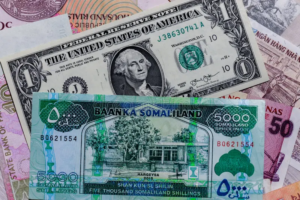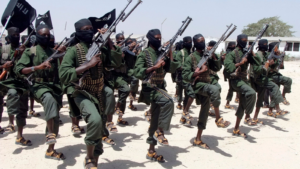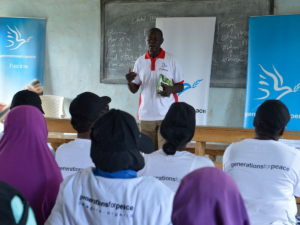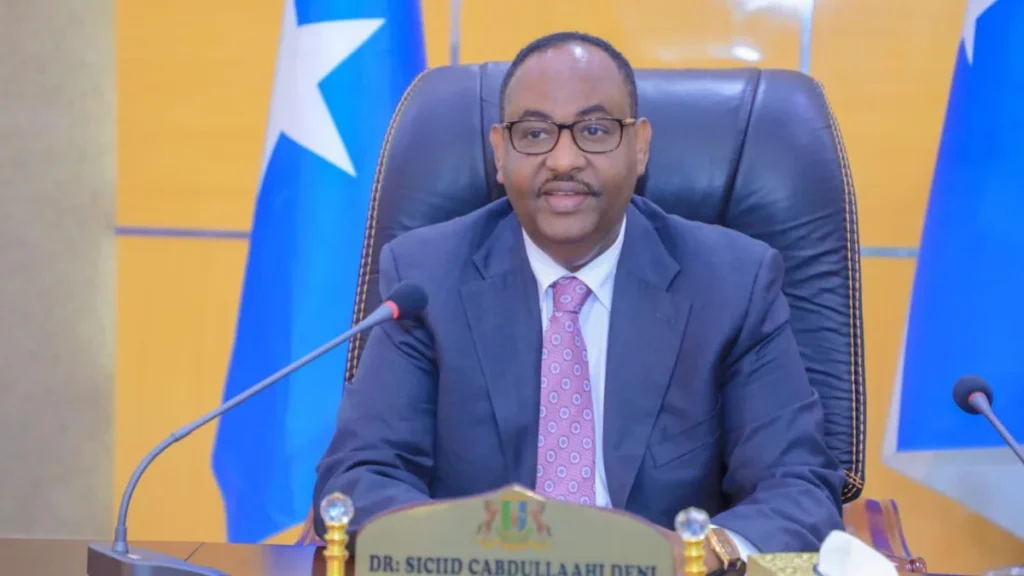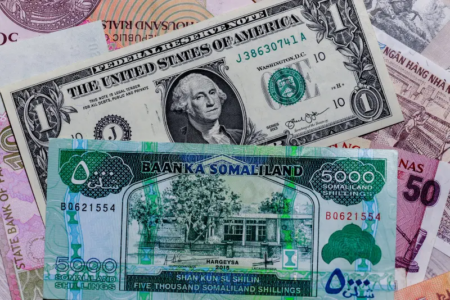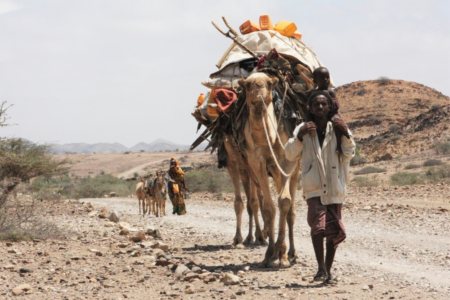As Somalia approaches a critical political juncture, regional leader Saeed Abdullahi Deni of the semi-autonomous state of Puntland has issued a stark warning.
He said that his administration will not accept a power vacuum or unilateral alteration of the national charter during the federal government’s looming transition.
His comments underscore growing anxiety across the Horn of Africa nation as the term of the federal government draws to a close without a clearly defined pathway to elections.
A Leadership Warning Amid Political Uncertainty
Speaking this week, Saeed Abdullahi Deni stressed that Puntland insists on preserving the agreed constitutional framework, particularly the provisional federal charter.
He emphasized that any effort to bypass the current political arrangements risks plunging the country into instability.
In his view, the absence of an established roadmap for elections or leadership handover places the entire country at risk of governance collapse.
Saeed Abdullahi Deni Avoids Talking About the Newly Declared Northeastern State
Deni singled out the recently formed Somali Future Council (a coalition combining Puntland and Jubaland leaders alongside opposition figures) as holding the responsibility of guiding Somalia through this precarious moment.
He also praised a peace conference in Erigavo town, Sanaag region led by the neighboring Somaliland, calling it a constructive contribution to long-term stability in the region.
Notably, Deni avoided mention of the newly declared Northeastern State, a federal-backed regional administration that poses an emerging challenge to Puntland’s influence.
Regional Tensions
Saeed Abdullahi Deni remarks come amid escalating tensions between the federal government in Mogadishu and several federal member states over the country’s political trajectory.
With the federal government nearing its constitutional term limit and lacking a fully transparent electoral framework, regional administrations such as Puntland are increasingly vocal.
They are insisting on legal safeguards to protect their autonomy and prevent power grabs that could jeopardise national stability.

Why Saeed Abdullahi Deni Warning Matters
For Somalia, which for decades has contended with conflict and fragile governance structures, the transition issue is more than a political formality, it’s a make-or-break moment for state-building.
Puntland’s warning signals that some key actors believe the country is dangerously close to slipping into a vacuum of authority.
Should such a scenario unfold, it could unravel gains made in security, governance and regional cooperation.
Saeed Abdullahi Deni emphasis on respect for the provisional constitution is rooted in a desire to anchor Somalia’s federal system, safeguard regional actors’ stakes, and avert instability.
His public stance reflects not only regional politics but a broader concern for national cohesion and continuity.
Stakes for the Future
As Somalia navigates this transitional phase, the role of actor coalitions like the Somali Future Council will be pivotal.
Their capacity to manage dissent, build consensus and steer the process forward will influence whether Somalia can advance toward a more stable governance model or slide back into fragmentation.
Meanwhile, engagements like the peace summit in Erigavo point to the importance of sub-state diplomacy and local initiatives in complementing federal efforts.
The situation remains fluid, whether Somalia will chart a path toward elections, uphold its constitutional commitments and avoid institutional breakdown will largely depend on cooperation among federal and regional powers and the willingness of those powers to prioritize stability over short-term advantage.
